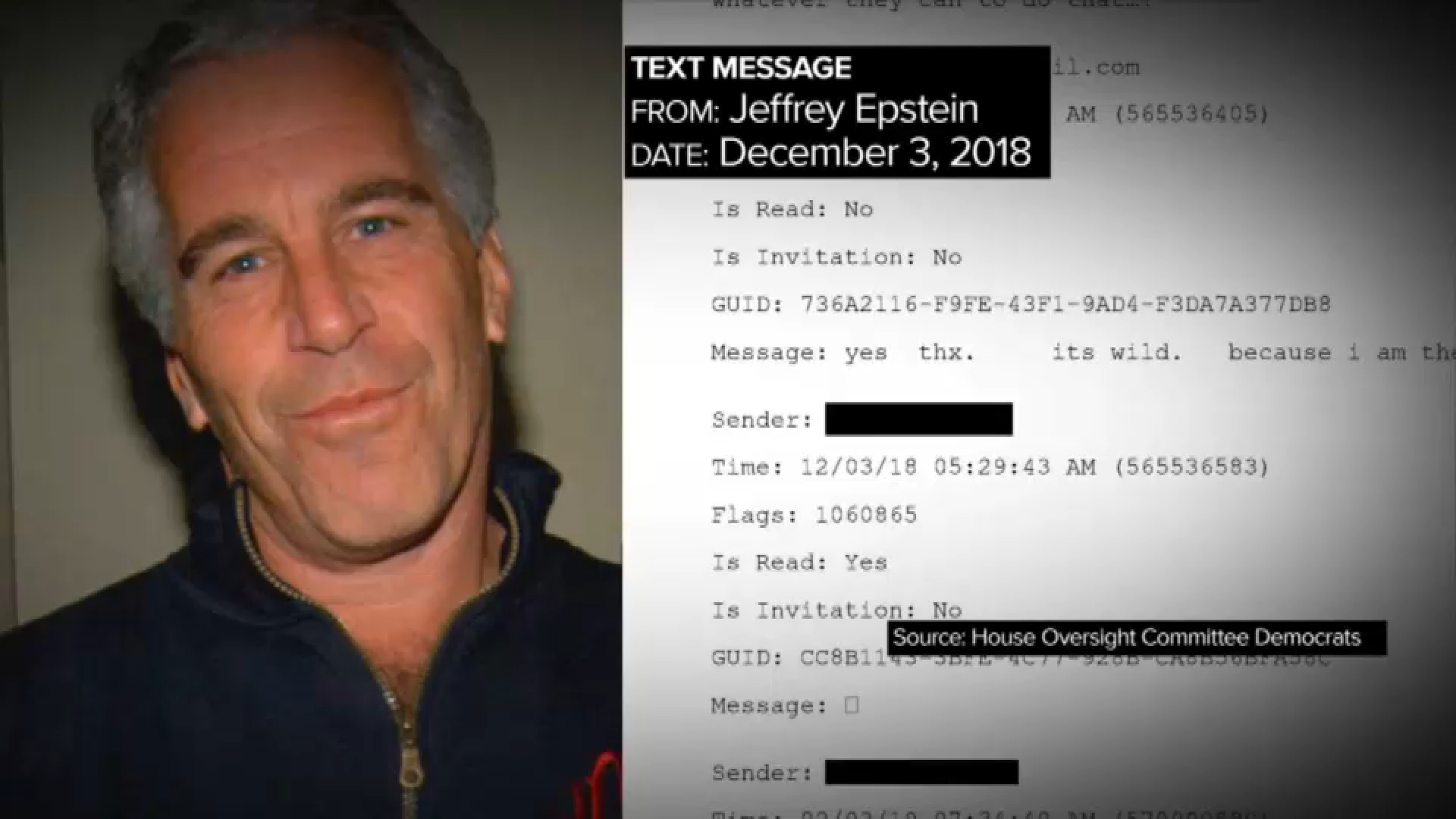(ThyBlackMan.com) PTSD (Post Traumatic Stress Disorder) is a very serious, and very real health issue. And we, as a species, definitely should be talking about it, and talking with those who suffer with it. In the States, it’s common to hear that over 5000 veterans, suffering from PTSD commit suicide in a year. And it’s not just military personnel who can become affected, and kill themselves because of it. So who knows the true figure? And you have to wonder; how many of them would still be here if they had received the right support?
When it was first recognized, PTSD was known as shell shock. Something that affected the soldiers during World Wars 1 and 2. These men were reported to have fits, hallucinations, deep terror of certain sounds, smells, and situations that could cause them to fall into hysterics and even forget where they are and become violent. Many of these men, in a time where mental health was not talked  about, suffered in silence, told to be a man and have a stiff upper lip. Because men didn’t cry, they didn’t have hysterics – that was a woman’s territory.
about, suffered in silence, told to be a man and have a stiff upper lip. Because men didn’t cry, they didn’t have hysterics – that was a woman’s territory.
However, in this day and age, mental health is taken as seriously as any physical illness. Men and women are encouraged in equal amounts to openly talk about their mental health. And we have learned that to move past our demons, we need support and to talk about them. The World Wars were more horrific than most people can imagine, but soldiers are still out there fighting wars and facing similar, horrendous situations that can bring on the same symptoms as those in the early 1900s.
And, as we said before, it’s not just soldiers who can suffer. Anyone who has experienced a traumatic event could be affected by PTSD. Someone in a horrific car accident, who has witnessed a murder, been raped, had a traumatic birth, battled cancer – there are endless situations that can be the cause of PTSD.
But what exactly is PTSD? Experts used to think that it was a chemical imbalance in the brain, but recent research has shown that that isn’t quite the case. Where PTSD does originate in the brain, there is no set chemical balance that can be given through medication. Where drugs are given to help create a balance, the practice is hit or miss, the same as people suffering from depression or who have been diagnosed with bipolar, although these instances have a much better success rate seeing as they are (in most cases) based on chemical imbalances.
In regards to cancer, survivors have commented that once they have been given the all clear, their entire support system disappears. Even if they are still receiving treatment. In that absence, after a long spell of battling for their lives, having poisonous chemicals pumped through their bodies, and having their bodies change in irreversible ways, they are left alone. Take a breast cancer survivor who had a single mastectomy and lymph node removal; she would not be able to lift anything moderately heavy with that arm, never be able to breastfeed, probably never have a baby – seeing as the chemotherapy pushes women through the menopause, regardless of age, more often or not.
People who have been through an experience that leaves them physically changed – through a mastectomy, an amputation, or scarring, they have had no choice in the matter. And they will always serve as a reminder of the trauma they went through.
It takes a remarkable person to be able to go through that alone and be fine. People need to talk about things – it’s part of our biology; to share pain and grief so that, as a group, we can move on. Our closest animal relatives, the chimpanzees, do the same thing. When a member of the family dies, a baby is stolen or killed, or someone is injured, they deal with it as a family. They, obviously, deal in a very different way than humans, but when a mother carries her dead baby around for days, the family help her by slowing for her, catching it if it falls, and grooming it – their way of saying goodbye perhaps. But, like any human family, when a member dies, they gather together and grieve.
PTSD can affect anyone, anywhere, no matter their age, status, gender or race. It doesn’t discriminate. Unfortunately, treatment with a therapist is expensive, and a lot of people can’t afford it. The average pension for a veteran is around $1,800, before tax, a month. Which isn’t much in the grand scheme of things, and definitely not when a big chunk of that is going towards medical bills and therapy sessions. A veteran can receive up to $3000 a month, depending on severity. Which is great. But what about the other sufferers who didn’t go to war?
Sufferers have said that it never leaves entirely. For a lot of people, time and help can make the PTSD dealable and even something they don’t think about most of the time. But things can still trigger the effects.
One woman, a midwife, said that her work has helped her to deal with her traumatic birth experience. As she learned more about the science and medical practices behind delivering a baby, she could see her experience with a new light. It made it no less terrifying when she had baby number two and is terrified of the day her daughter has a baby. But, at the same time, she now knows the statistics and advances now that will only benefit all mothers.
Everyone deals with their pasts differently, some clam up, some cry out, some do both – and a lot of these people get misdiagnosed with bipolar, and their PTSD goes longer without being treated.
Over the past five to ten years mental health support has become more available to troops on the ground, and at home, it is taken more seriously by people in general and so can be treated earlier. And, as people read things like this article, they become more aware of the symptoms that could be affecting a loved one.
Awareness is the biggest weapon we have against PTSD; people being aware of what it is, how it can show itself and what to do if someone, or they, have it. Because not all people can see that they are suffering – because of course, you’re going to be upset after losing a leg, obviously you’re going to be a bit shaken after you get hit by a bullet, or car, or sled hammer. And hopefully, that’s all it is – shock and sadness, maybe even some anger. But for a lot of people, it doesn’t end there.
So what do you do if you think someone is suffering from PTSD? Easy – talk to them, they might not talk back, but knowing you’re there and ready to support them when they need it will start them in the right direction. You can also help line up some professional help. Don’t force them into going, as that could be a trigger that makes everything worse. But support them to go, deal with the details so that they don’t have to. You can look into what monetary help they might be entitled to, and help them apply for it.
Basically, you just need to be there, to listen, to help and to support.
Staff Writer; Ronald Tucker

















Leave a Reply